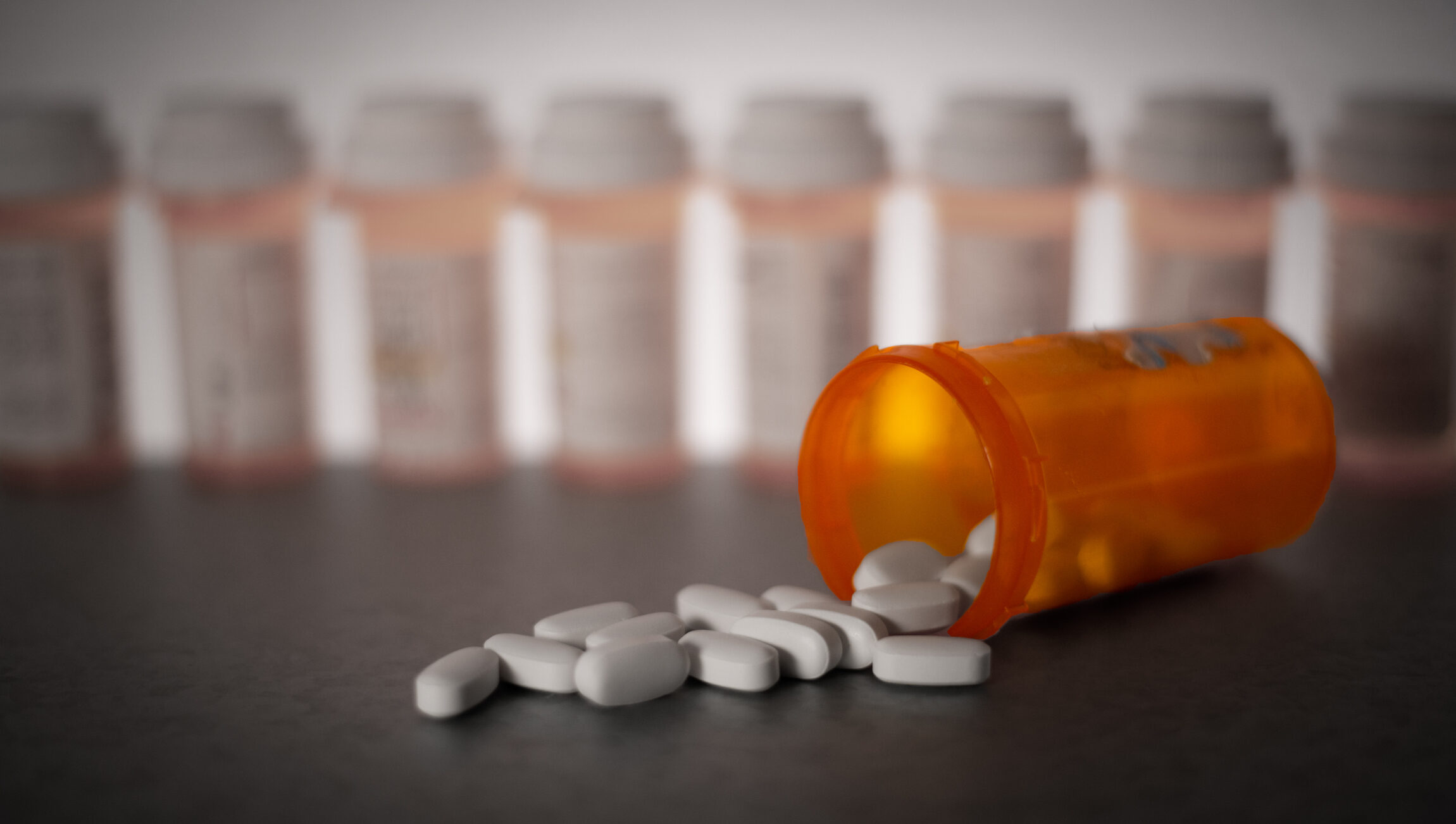© 2024 CSRXP- All Rights Reserved

DOSE OF REALITY: OVERSIGHT REPORT EXPOSES BIG PHARMA’S EGREGIOUS PRICING & ANTI-COMPETITIVE TACTICS — DEBUNKS INNOVATION RHETORIC
Dec 12, 2021
Investigation Finds Big Pharma Hiked Prices More Than 250 Times On Just 12 Top Drugs — Shielded Those Drugs From Competition For Combined 300 Years With 600 Patents
On Friday, the U.S. House Committee on Oversight and Reform released a comprehensive report detailing Big Pharma’s egregious pricing and anti-competitive practices. The report is the culmination of a nearly three-year investigation during which the Committee reviewed more than 1.5 million pages of internal documents from pharmaceutical companies.
In announcing findings from the report, Chairwoman Carolyn B. Maloney (D-NY) said, “the committee’s investigation has pulled back the curtain on drug companies’ unfair, unjustified, always increasing drug prices. First, we found that drug companies target American patients for price increases, in large part because Medicare is prohibited from negotiating for lower prices. At the same time, the drug companies maintained or cut prices for the rest of the world. Secondly, our investigation shows that the pharmaceutical industry deploys anti-competitive tactics to preserve their monopolies and prevent cheaper alternatives from coming to market. And third, our research shows that Big Pharma’s favorite talking point that lower prices would harm innovation is blatantly false.”
Key takeaways from the committee report include:
- Drug companies aggressively raise prices to meet revenue targets, and executive compensation structures create incentives to raise prices.
- Drug companies target the U.S. market for higher prices and use the Medicare program to boost revenue.
- Drug companies abuse the patent system and FDA market exclusivities to suppress competition.
- Drug companies use strategies to suppress competition and maintain monopoly pricing.
- Drug companies use patient assistance programs as a public relations tool to boost sales.
- Research and manufacturing costs do not justify price increases.
PRICE HIKES AND PATENT ABUSE
Upon reviewing price histories of 12 of the best-selling drugs in Medicare, the committee found prices were raised more than 250 times by Big Pharma companies using strategies that to game the system and suppress competition to maintain product monopolies. These tactics include ‘product hopping’ and ‘shadow pricing’ – techniques deliberately used to shield profits from generic competition – and employing price hikes in concert with other drug manufacturers. The Committee found that these 12 drugs “are now priced at a median of almost 500 percent higher than when they were brought to market.”
The companies responsible for these 12 drugs obtained more than 600 patents on the 12 drugs the committee reviewed, effectively blocking competition from more affordable alternatives for decades. In fact, the Committee report states that the patents already secured for these 12 drugs “could potentially extend their monopoly periods to a combined total of nearly 300 years.”
The report estimated delayed biosimilar competition to just one drug, AbbVie’s Humira, would cost the U.S. health care system at least $19 billion from 2016 to 2023.
INVESTMENTS IN ADVERTISING AND PROFITS, NOT R&D
The Committee report also undermines Big Pharma’s repeatedly debunked rhetoric that high drug prices are justified by the need to fund research and development. The committee found brand name drug companies spent significantly more investing in advertising and stock buybacks than in funding research and development.
The report found four of the Big Pharma companies examined spent more than $2.6 billion in direct-to-consumer advertising from 2015 to 2018 on just four drugs. AbbVie spent over $1.5 billion advertising its blockbuster drug Humira over that time period while Pfizer spent over $750 million on marketing for Lyrica.
In addition, the committee report showed that over the last five years, the top 14 drug companies spent almost $577 billion on stock buybacks and dividends – a whopping $56 billion more than on research and development. And the report demonstrates that a significant portion of brand name drug companies’ research is dedicated to finding ways to extend patents to undermine competition, instead of investing in true innovations.
“This is a situation where now we can end Big Pharma’s outrageous price hikes. That’s what we have to do,” said Speaker Nancy Pelosi during a press conference on the report Friday. “Together we look forward to making a big difference in the lives of America’s families and a big difference in the business model of these companies who just eke out, with greed, the biggest possible profits at the expense of America’s working families.”
Read more about how Big Pharma’s patent abuse blocks competition, harms consumers and contributes to ballooning taxpayer spending HERE.
Read more on why Big Pharma’s tired argument that innovation justifies their out-of-control prices doesn’t hold up to scrutiny HERE.
Read more on market-based solutions to hold Big Pharma accountable and lower prescription drug prices HERE.
